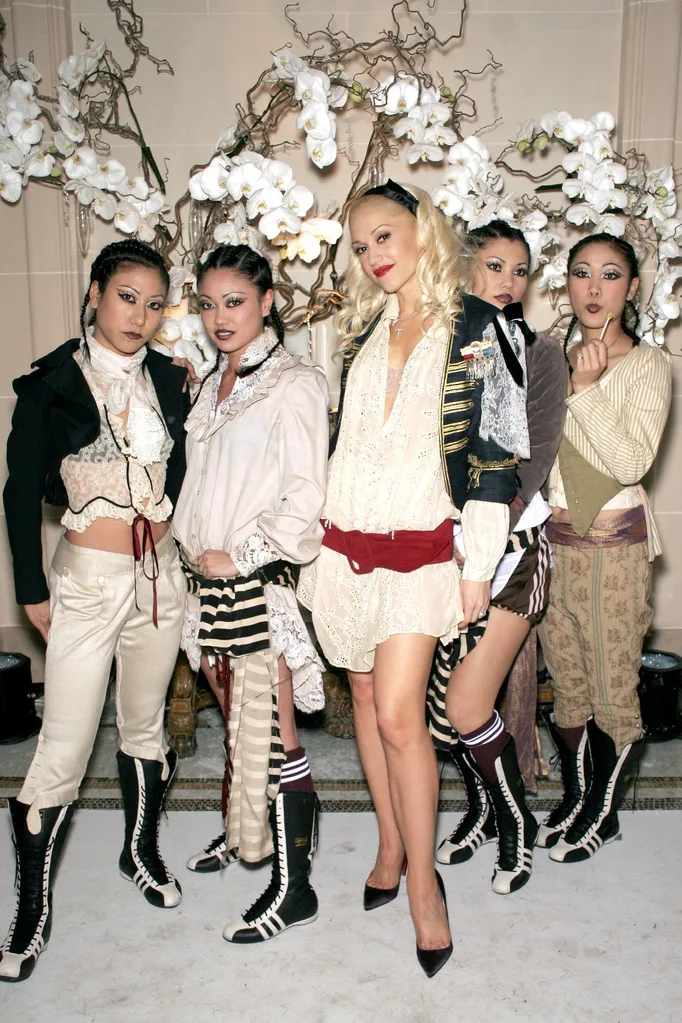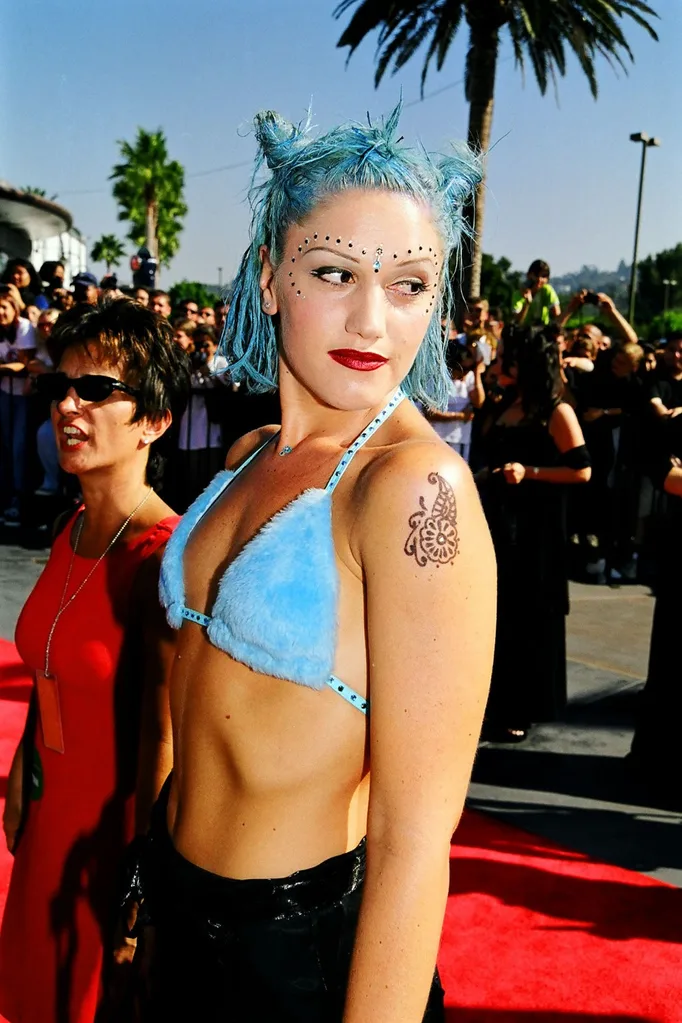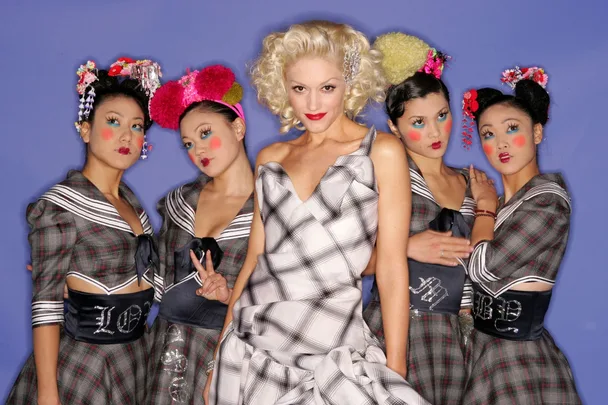Gwen Stefani is under fire for declaring she is Japanese, decades since she faced criticism for allegations that she culturally appropriated the Japanese Harajuku subculture for profit as part of her solo music career.
Since the early 2000s, Stefani (an Italian-American woman) has featured a group of Harajuku dancers and adopted elements of the culture’s clothing in her live performances and music videos.
At the time, the backlash was swift and merciless with many, including Asian-American comedian Margaret Cho, drawing comparisons between Stefani’s Harajuku girls and a minstrel show with some even calling the performers ‘modern day geishas’.
Now, in an interview with Allure, Stefani has made a bold claim citing that her exploiting of Harajuku culture shouldn’t be criticised because she’s Japanese herself.

When asked about what she gleaned from her Harajuku era, including the criticism she received as a white woman capitalising off of a culture she doesn’t belong to, Stefani revealed that her father’s job with Japanese company Yamaha caused her to have an epiphany that she’s Japanese.
Stefani revealed that upon a trip to Harajuku as an adult, after watching her father commute between California and Japan for over a decade, caused the realisation that she is Japanese.
“My God, I’m Japanese and I didn’t know it…I am, you know,” she explained.
It goes without saying but claiming to be part of a race or culture is incredibly erroneous, especially for Stefani who has caused so much harm to many Japanese people for perpetuating stereotypes and profiting of their culture.

But for Stefani, she doesn’t see it this way.
“If [people are] going to criticise me for being a fan of something beautiful and sharing that, then I just think that doesn’t feel right,” she told the publication.
“I think it was a beautiful time of creativity… a time of the ping-pong match between Harajuku culture and American culture. [It] should be okay to be inspired by other cultures because if we’re not allowed then that’s dividing people, right?”
For the record, representatives of Stefani claimed that the reporter misconstrued what she was trying to convey by claiming to be Japanese, but regardless of what Stefani’s intentions were the claim was an egregious mistake.
It’s clear that over two decades of criticism hasn’t deterred Stefani from doubling down on her viewpoint, with this comment harking back to her 2014 interview with TIME magazine where she vehemently claimed she doesn’t reject her Harajuku era.
“For me, everything that I did with the Harajuku Girls was just a pure compliment and being a fan. You can’t be a fan of somebody else? Or another culture? Of course you can. Of course you can celebrate other cultures.”
Perhaps rather than making these hurtful claims, Stefani should instead brush up on the differences between cultural appreciation and cultural appropriation.










